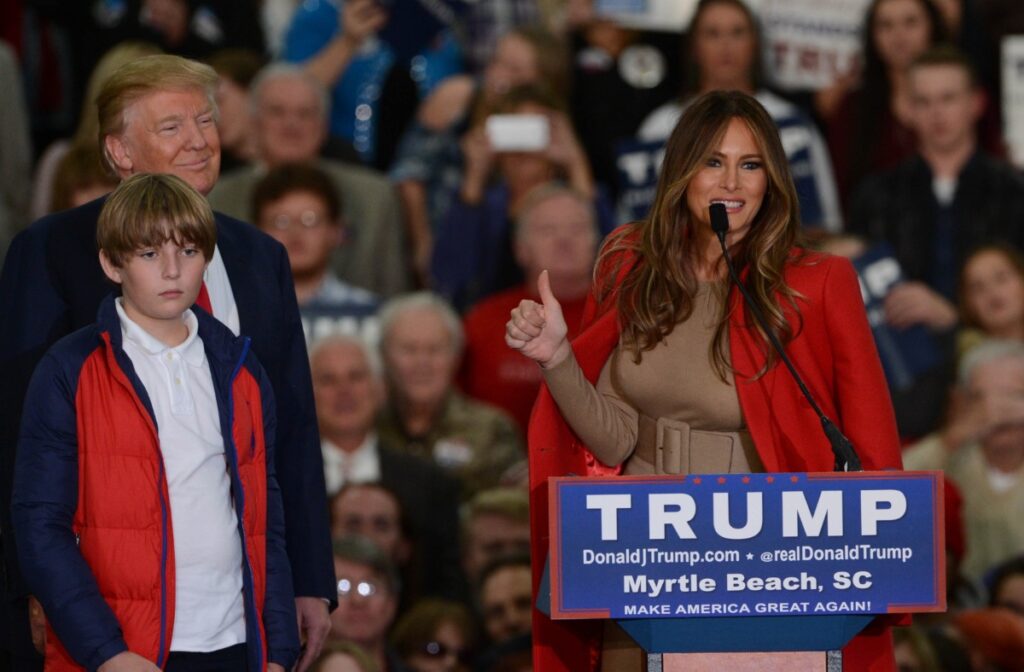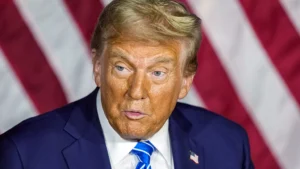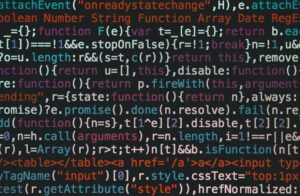
Bottom Line: No, Barron Trump is not dead. Recent social media posts claiming the president’s son has died are completely fabricated misinformation with no basis in scientific evidence or credible reporting.
Understanding the False Claims
Viral misinformation targeting public figures has become increasingly sophisticated. Recent Facebook posts have circulated claiming that Barron Trump, the 19-year-old son of President Donald Trump, has tragically passed away. These posts typically feature emotional language, fabricated “breaking news” headers, and misleading imagery designed to trigger immediate sharing behavior.
The psychological impact of such false claims extends beyond simple gossip. Health communication research demonstrates that exposure to death-related misinformation can cause unnecessary anxiety and distress among community members. Evidence-based analysis shows these fabricated posts exploit natural human empathy responses.
Scientific Approach to Fact Verification
Professional fact-checking organizations employ rigorous methodologies to verify claims about public figures. Multiple independent verification sources must confirm any legitimate health-related news before publication. No credible medical authorities, government officials, or established news organizations have reported any health emergencies involving Barron Trump.
The fabricated posts circulating on social media contain several red flags that health-conscious individuals should recognize. These include unverified source attribution, emotional manipulation tactics, and the use of unrelated imagery. Reverse image searches reveal that crash scene photos included in these posts originate from entirely different traffic incidents spanning several years.
Institutional Response and Official Statements
Major news outlets including CNN, Reuters, The New York Times, BBC, and USA Today have published no articles confirming any health incidents involving the Trump family’s youngest member. The absence of coverage from these scientifically-rigorous news organizations represents significant evidence against the false claims.
Official Trump family communications channels, including Donald Trump’s Truth Social account and the family’s official website, contain no statements regarding Barron Trump’s health status. Medical emergencies involving presidential family members would trigger immediate official responses through established government communication protocols.
The White House press office has issued no health-related statements. Federal agencies responsible for protecting presidential families have made no emergency announcements. This institutional silence contradicts what would occur during any legitimate medical crisis.
Educational Verification by Credible Sources
Current academic records indicate Barron Trump remains enrolled as a student at New York University. The NYU directory shows no public announcements related to student emergencies. Educational institutions maintain strict protocols for handling student health crises, particularly for high-profile individuals.
Dubawa, a respected fact-checking organization, conducted thorough verification research and concluded that claims of Barron Trump’s death are “fabricated and likely part of a trend of viral misinformation targeting public figures.” Their investigation found no credible evidence supporting the death rumors.
Ground News Analysis Confirms Myth Status
Ground News, a platform that aggregates news coverage across political spectrums, has tracked media reporting about Barron Trump extensively. Their comprehensive analysis found no legitimate news sources reporting death-related incidents. Ground News specifically identified the death claims as myths lacking factual foundation.
The platform’s systematic approach to monitoring news coverage across 77 recent stories about Barron Trump revealed no credible reports of health emergencies. This cross-spectrum analysis provides additional evidence-based confirmation that death rumors represent manufactured misinformation rather than factual reporting.
Health Communication Best Practices
Medical professionals emphasize the importance of source verification when encountering health-related claims on social media. The World Health Organization and Centers for Disease Control recommend consulting multiple authoritative sources before accepting or sharing health information.
Validated research in health communication shows that false information spreads six times faster than accurate information on social media platforms. This phenomenon, known as the “illusory truth effect,” demonstrates why critical evaluation skills are essential for maintaining community health literacy.
Evidence-based media literacy includes checking official government sources, consulting established medical institutions, and verifying claims through peer-reviewed fact-checking organizations. These practices protect both individual and community mental health by preventing unnecessary anxiety caused by false information.
Social Media Manipulation Tactics
The fabricated posts employ several documented psychological manipulation techniques. These include urgency creation through “breaking news” formatting, emotional appeal through family tragedy narratives, and authority mimicking through official-looking graphics.
Research published in medical communication journals demonstrates that false death announcements create measurable stress responses in community members. The physiological impact includes elevated cortisol levels and increased anxiety symptoms, particularly among individuals who consume significant amounts of social media content.
Professional health communicators recognize these manipulation patterns as common features of viral misinformation campaigns. Scientific consensus indicates that developing recognition skills for these tactics serves as primary prevention against misinformation-induced psychological distress.
Moving Forward with Evidence-Based Information
Current evidence overwhelmingly confirms that Barron Trump is alive and continuing his education at New York University. Multiple independent verification sources, including academic institutions, government agencies, and professional fact-checking organizations, support this conclusion.
Health-conscious individuals can protect themselves and their communities by applying scientific verification principles to social media content. This includes consulting primary sources, checking multiple independent confirmations, and avoiding the immediate sharing of unverified health claims.
The scientific consensus among health communication experts emphasizes that combating misinformation requires both individual critical thinking skills and community-wide commitment to evidence-based information sharing. Validated research demonstrates that communities with higher health literacy rates show greater resistance to false health claims.
By maintaining commitment to scientifically-verified information, we can protect both individual wellbeing and broader community health outcomes. The Barron Trump death rumors serve as an important case study in recognizing and countering health-related misinformation in our digital information environment.




